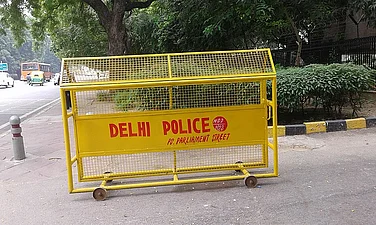The Nagpur bench of the Bombay High Court has delivered a distinctive ruling, emphasizing the significance of responsible behavior while posting WhatsApp statuses. In a recent case involving alleged hatred spread through a WhatsApp status against a religious group, the court dismissed a petition seeking to quash the charges, shedding light on the purpose of WhatsApp statuses as a mode of communication with known contacts.
According to the division bench of Justices Vinay Joshi and Valmiki SA Menezes, people often check the WhatsApp statuses of their contacts, making it a means to convey messages. The court noted that WhatsApp statuses are temporary updates, serving as pictures or videos that disappear after 24 hours, and their primary intent is to communicate with others.
"One should behave with a sense of responsibility while communicating something to others," the court emphasized, underlining the need for careful consideration of the content shared through WhatsApp statuses. The case involved a 27-year-old man, Kishor Landkar, accused of intentionally hurting religious sentiments by posting an objectionable question on his WhatsApp status and urging viewers to search for it on Google, according to PTI.
While the accused claimed that his status was not intended to spread hatred and was only visible to saved contacts, the court opined that his status had instigated others to do the Google search, thereby endorsing his alleged malicious intentions.
The High Court ruled that being limited to known contacts does not absolve one from the responsibility of the content they share on WhatsApp status. Refusing to quash the case, the court maintained that the accused's status had deliberately insulted the feelings of a particular religious group, warranting further proceedings.




















.png?w=200&auto=format%2Ccompress&fit=max)





